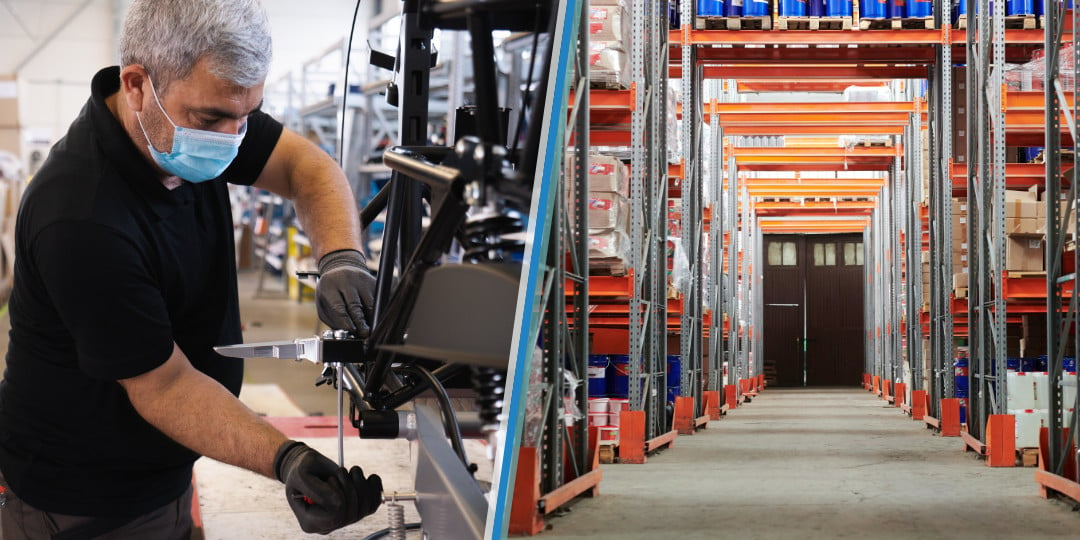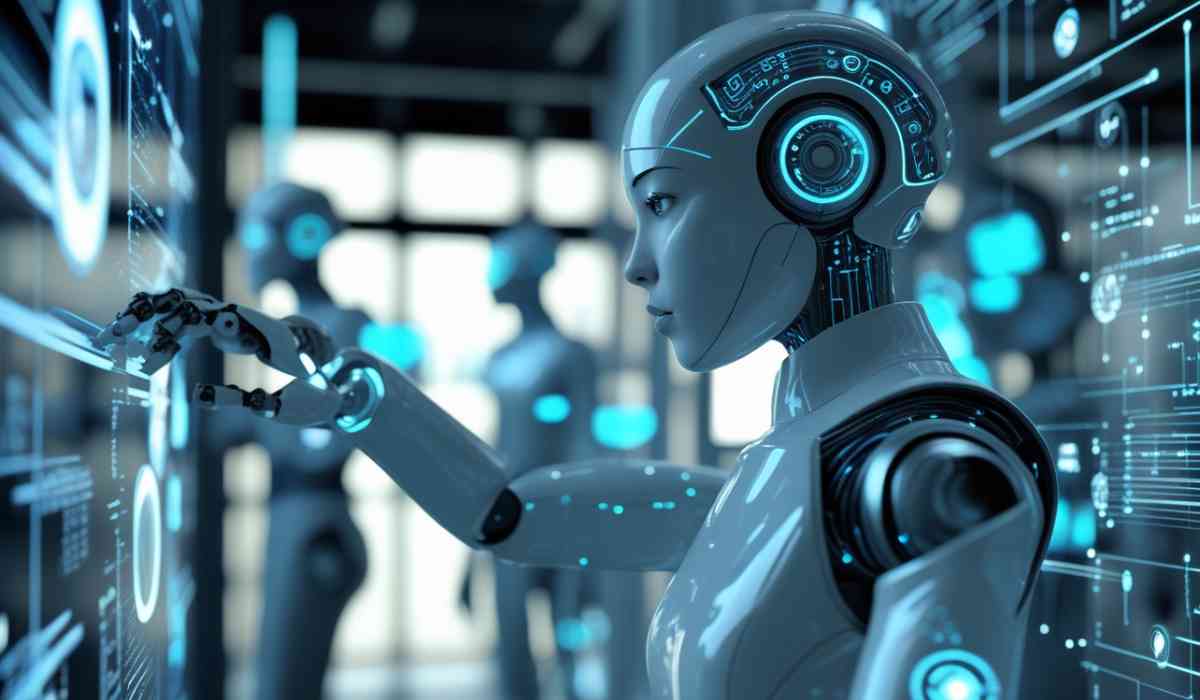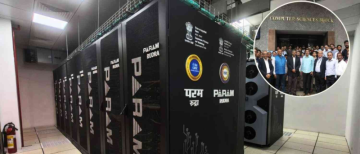Artificial Intelligence (AI) is rapidly changing the way we work, bringing both opportunities and challenges to the global job market. As AI technology becomes more advanced, many are asking: Which jobs can AI replace easily, and how can workers adapt to this shift? This article explores the impact of AI on employment, highlights the jobs most at risk, and offers insights on how to prepare for the future.
How AI Is Transforming the Job Market

AI is designed to handle tasks that are repetitive, data-driven, and follow clear rules. From customer service chatbots to smart robots in warehouses, AI is already performing jobs that once required human effort. According to recent studies, millions of roles could be automated in the next few years, especially those that do not require complex decision-making or creative skills.
Jobs AI Can Replace Easily
1. Customer Service Representatives

AI-powered chatbots and virtual assistants are now capable of answering common customer queries, processing orders, and even handling complaints. This technology operates 24/7, providing instant responses and reducing the need for large customer service teams.
2. Data Entry and Processing

Data entry is one of the most repetitive tasks in any business. AI systems can quickly and accurately process large volumes of information, such as invoices, forms, and records, making data entry clerks increasingly obsolete.
3. Warehouse and Factory Workers

In manufacturing and logistics, robots guided by AI can sort, pack, and move products efficiently. These machines work faster and more accurately than humans, leading to fewer jobs for assembly line workers and warehouse staff.
4. Transportation and Delivery Drivers

Self-driving vehicles are becoming more reliable, and companies are testing autonomous trucks and delivery robots. As this technology matures, jobs for truck drivers, taxi drivers, and delivery personnel are at risk of automation.
5. Basic Programming and IT Support
AI tools can now generate simple code, test software, and even fix basic bugs. Entry-level programmers and IT support staff may find their roles replaced by AI systems that can perform these tasks more quickly and with fewer errors.
6. Market Research and Analysis

AI can analyze vast amounts of data, spot trends, and generate reports in seconds. Market analysts and research assistants who focus on routine data analysis are particularly vulnerable to automation.
7. Paralegals and Legal Assistants

Legal AI tools can search databases, review documents, and summarize case files much faster than humans. This puts paralegals and legal assistants at risk, especially for tasks involving document review and legal research.
8. Content Creation

AI is now capable of writing news articles, product descriptions, and even creating basic graphics. While creative roles are less at risk, jobs that involve routine content generation could be automated by AI.
Why These Jobs Are at Risk

The common factor among these roles is that they involve repetitive, rules-based tasks that can be easily defined and automated. AI excels at processing large amounts of data, following instructions, and performing tasks without fatigue. As a result, jobs that do not require emotional intelligence, complex problem-solving, or creativity are the most vulnerable.
How Workers Can Prepare for the AI Revolution
While AI will replace some jobs, it will also create new opportunities in fields such as AI development, data science, and human-machine collaboration. Workers can protect their careers by:
-
Upskilling: Learning new skills in technology, critical thinking, and creativity.
-
Reskilling: Transitioning to roles that require human judgment, empathy, and adaptability.
-
Embracing Lifelong Learning: Staying updated with the latest trends in AI and automation.
FInal Note

AI is set to automate many jobs, especially those involving repetitive and predictable tasks. Customer service, data entry, warehouse work, transportation, and basic programming are among the roles most at risk. However, by focusing on skills that AI cannot easily replicate-such as creativity, emotional intelligence, and complex problem-solving-workers can thrive in the new AI-driven job market.
With inputs from agencies
Image Source: Multiple agencies
© Copyright 2025. All Rights Reserved Powered by Vygr Media.





















